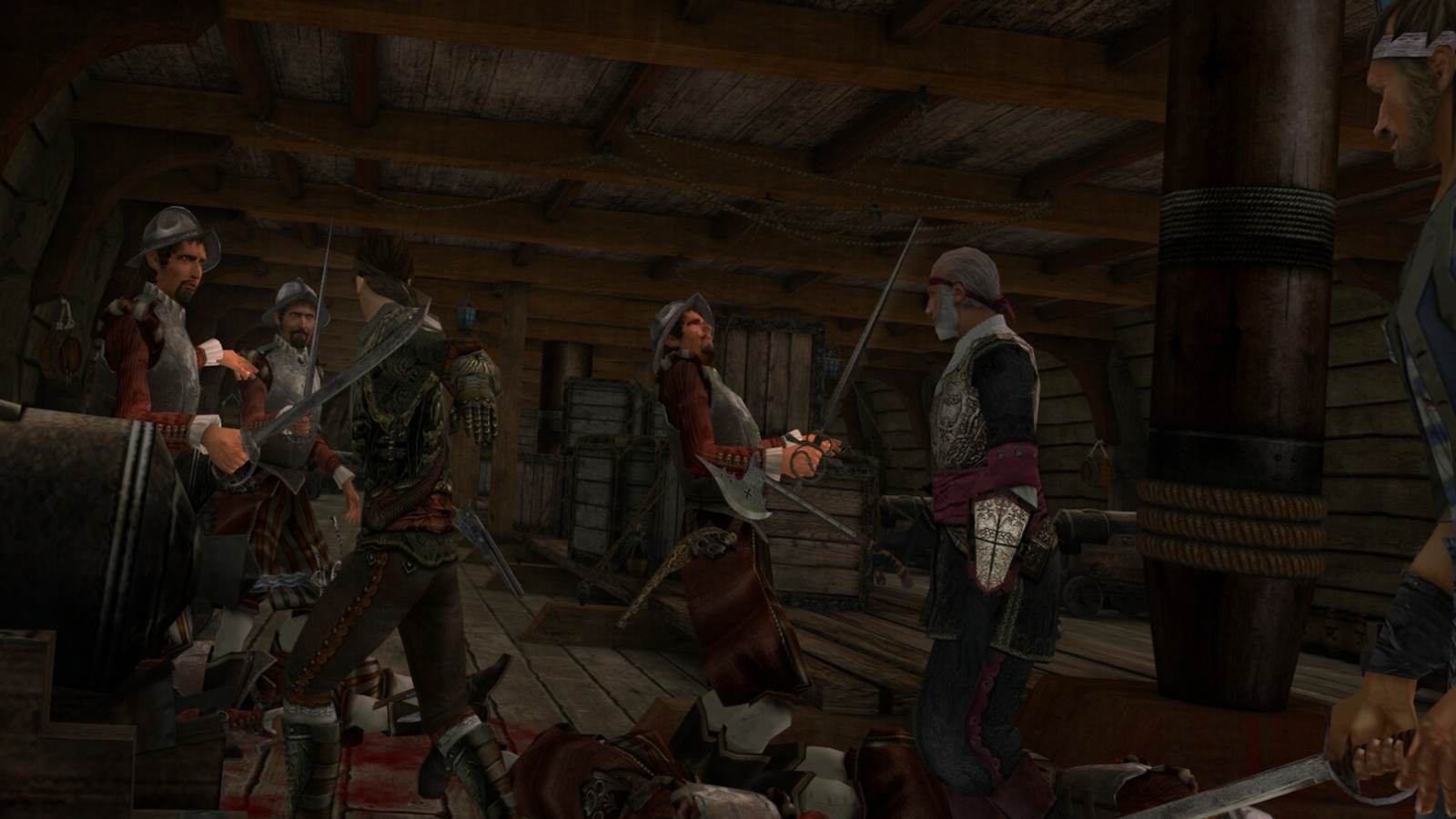
We’re playing more incomplete games than ever before. Pre-alphas, open betas, Early Access—whatever asterisk they fly under, hundreds of developers are taking the opportunity to put their projects out in the wild before they’re fully cooked. And usually for our benefit: On the whole, it’s a positive for players that developers have more flexibility about when and how they’re able to release and fund their games. But even in cases when these labels are identical, the purpose behind them can differ completely.
One beta might seek to avoid an Error 37-esque fiasco and focus on testing backend infrastructure. Some betas are essentially demos by another name, promotional access to a game granted just before release, sometimes as a pre-order incentive. Other betas may operate for months or years at a time as an expression of that studio’s open or community-driven approach to development. There’s little consensus on what these terms truly confer—one dev’s final beta is another’s pre-alpha test.
Emerging alongside this trend, however, is a frustrating bit of rhetoric: the notion that being in alpha, beta, Early Access, or a similar state should preclude a game from critique. I hear it a lot on Twitch, on Reddit, even in the text chat for unreleased games that I’m playing: Someone complains about an aspect of an unfinished game, only to get swatted down by “It’s a beta.” The implication being, you should dampen or even silence your criticism because hey, the game isn’t finished.
We heard this sentiment a lot yesterday when we wrote that the ‘Hitman beta felt like too much of a beta,’ a headline that sums our feelings of surprise and concern about our most recent look at a pile of code that’s just two weeks from release.
@pcgamer ITS A B E T A
— * (@VictorKoka12345) February 24, 2016
@pcgamer call me crazy but isnt that the point, its a beta for a reason not a demo
— Andrew Bignell (@Smokey902) February 24, 2016
@pcgamer THAT IS THE WHOLE POINT OF A BETA!
— ProjectJamesify (@ProjectJamesify) February 24, 2016
These kinds of reactions are cop-outs. They’re refusals to hear and engage with what might be a valid criticism, aired to, I guess, protect developers—who are often the fiercest critics of their own work—from critical feedback. Not only do they not need to be defended in this way, but when you say something like this on a message board, Facebook, or elsewhere, you’re getting in the way of feedback that might help a studio’s game.
The idea that developers are doing us a favor by giving you free access to their project—and therefore shouldn’t be criticized—is equally baloney. More often than not, they’re benefiting from free (minus the cost of standing up servers) QA and focus testing, valuable help that most publishers paid for less than a decade ago.

What is a beta, really?
Part of the problem here is the false notion that terms like alpha and beta are objective, official labels. Just as words like ‘literally’ and ‘peruse’ have warped over time to include opposing definitions, the ubiquitous, mixed use of terms like beta and alpha has muddled their meaning.
The ‘Video Game Development’ Wikipedia page certainly gives a confident definition of beta, calling it a “feature and asset complete version of the game, when only bugs are being fixed.” It continues: “This version contains no bugs that prevent the game from being shippable. No changes are made to the game features, assets, or code. Beta occurs two to three months before code release.” Anyone who’s made or played games in the past decade can tell you that what is and isn’t shippable isn’t a universally-held standard. What constitutes a complete game continues to fluctuate, with Street Fighter V and yes, Hitman being prominent examples of games that release without primary content that is added in for free after release.
How long do those who retort “It’s a beta,” expect us to withhold criticism? We’ve seen plenty of high-profile games linger in pre-release form while being on sale for long periods. Minecraft was in beta for 11 months. PlanetSide 2’s beta ended three days before its release. DayZ has been in Early Access for a little more than two years. Gmail for five years! To be clear, I don’t think these examples are necessarily abuses of the term as much as they simply demonstrate that the use of these labels differ based on a studio’s timeline, culture, and objectives.
Silencing criticism of unfinished stuff helps no one. It doesn’t help developers, who in almost all cases would prefer to get feedback and criticism before rather than after a game is fully baked. It doesn’t help the game. And it doesn’t contribute anything of value to the overall conversation that whiny game writers like me like participating in. If anything, we should be encouraging people to provide criticism and feedback when a game is released in an unfinished state. When a developer opens up a beta, they’re giving us a spoonful of what they’re cooking and asking how we think it tastes. If we perpetuate a culture that stamps out discussion before it’s even happened, we not only diminish the chance to help developers cook up something better, we also ignore the years-old reality that unfinished games already make up a significant amount of what we’re buying and playing.


